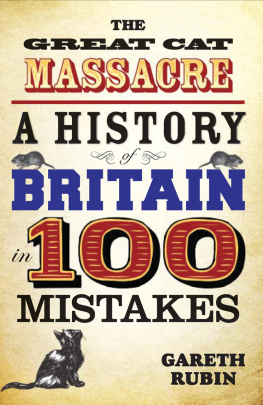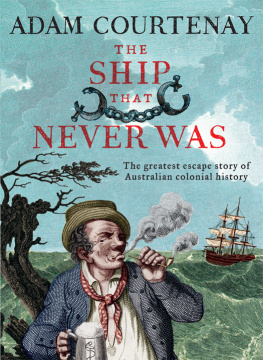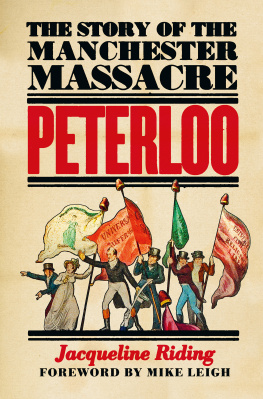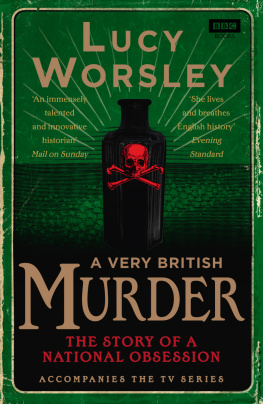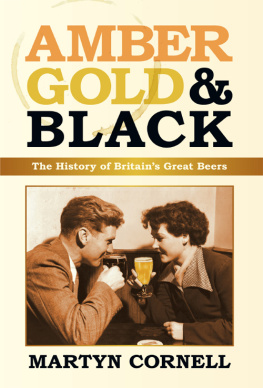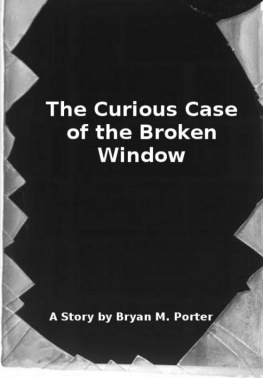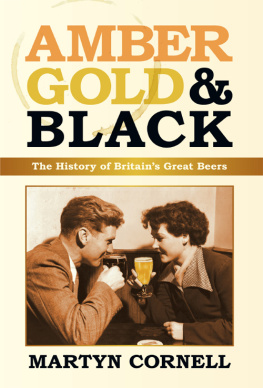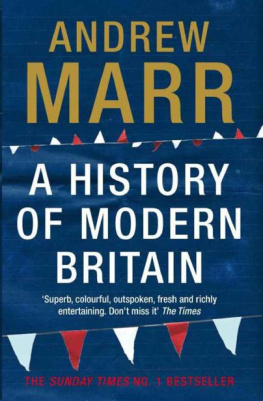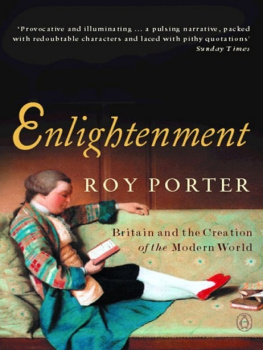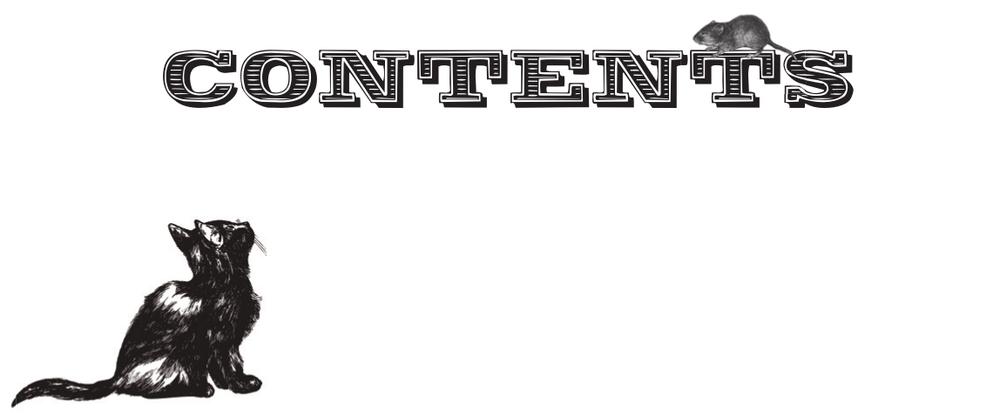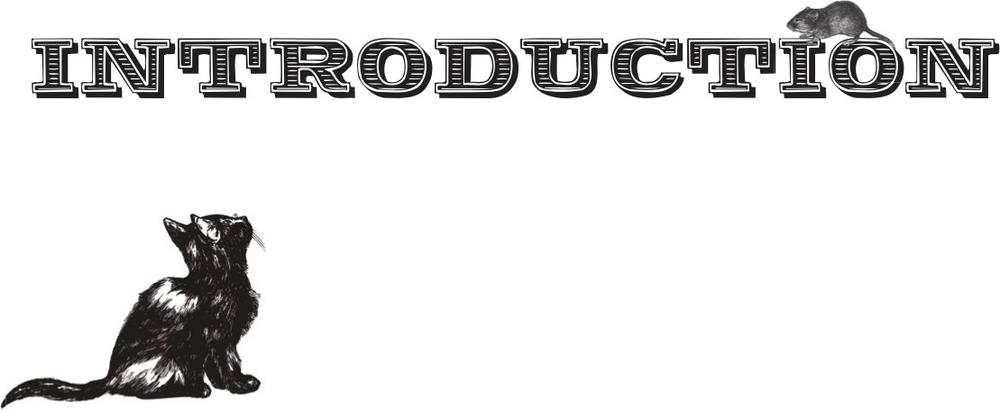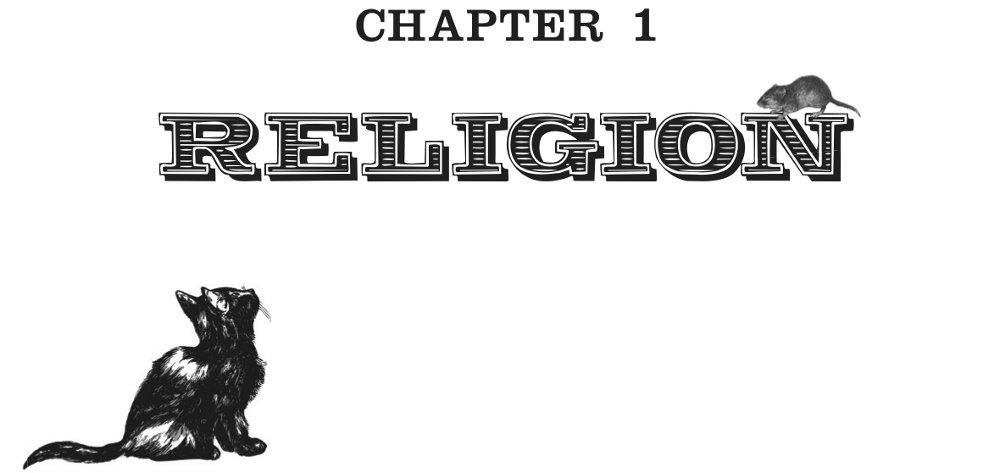Published by John Blake Publishing Ltd,
3 Bramber Court, 2 Bramber Road,
London W14 9PB, England
www.johnblakepublishing.co.uk
www.facebook.com/johnblakepub
twitter.com/johnblakepub
This eBook is copyright material and must not be copied, reproduced, transferred, distributed, leased, licensed or publicly performed or used in any way except as specifically permitted in writing by the publishers, as allowed under the terms and conditions under which it was purchased or as strictly permitted by applicable copyright law. Any unauthorised distribution or use of this text may be a direct infringement of the authors and publishers rights and those may be liable in law accordingly.
ePub ISBN 978 1 78418 066 9
Mobi ISBN 978 1 78418 067 6
PDF ISBN 978 1 78418 068 3
First published in paperback in 2014
ISBN: 978 1 78219 768 3
All rights reserved. No part of this publication may be reproduced, stored in a retrieval system, or in any form or by any means, without the prior permission in writing of the publisher, nor be otherwise circulated in any form of binding or cover other than that in which it is published and without a similar condition including this condition being imposed on the subsequent publisher.
British Library Cataloguing-in-Publication Data:
A catalogue record for this book is available from the British Library.
Design by www.envydesign.co.uk
Printed and bound in Great Britain by CPI Group (UK) Ltd
1 3 5 7 9 10 8 6 4 2
Text copyright Gareth Rubin 2014
The right of Gareth Rubin to be identified as the authors of this work has been asserted by them in accordance with the Copyright, Designs and Patents Act 1988.
Papers used by John Blake Publishing are natural, recyclable products made from wood grown in sustainable forests. The manufacturing processes conform to the environmental regulations of the country of origin.
Every attempt has been made to contact the relevant copyright-holders, but some were unobtainable. We would be grateful if the appropriate people could contact us.
[History is] little more than the register of the crimes, follies and misfortunes of mankind.
E DWARD G IBBON, H ISTORIAN
W e see history through a distorted glass. School teaches us that the tide of events flows from the decisions of visionary leaders or the demands of the people. It doesnt. Because for every wartime strategy by a Churchill or Napoleon, for every surge of bloody revolution, there has been another instance of a trivial mistake by a scientist, monarch or telephone operator that has also irrevocably changed the nation.
Few Britons know that Germany lost the First World War because a porter at a provincial English railway station misheard a word shouted from a train, or that the Black Death was (allegedly) the result of Pope Gregory IX believing cats were in league with the Devil. They are unaware of these facts because historians have traditionally neglected or deliberately ignored the extent to which Britains history has been defined by mistakes.
No matter how brilliant the mind, everyone will at some point make a judgement that turns out badly. Thats not really what this book is about. This is a study of minor oversights that would normally have resulted in nothing special, but due to exceptional circumstance they have left the nation forever changed.
Some such lapses were caused by human failings: German tailor Franz Muller started a fashion for a new type of hat because he lost his nerve after murdering a stranger in east London. Others were not: it would be unfair to criticise Harold Macmillan for resigning as Prime Minister after he had been diagnosed with cancer only to discover later that the diagnosis had been a mistake. But in almost every case, the error would have amounted to nothing had it not been magnified by human flaw: as soon as Macmillan made his decision, his political rivals scrambled over each other to elbow him aside and take his place on the podium.
Tracing these events through history, you dont just recognise patterns, you also notice individuals who crop up time and again. Sometimes you can see them change from Cassandra-like heralds of doom standing on the sidelines and warning of errors which they alone have noticed, to the perpetrators of just the same sort of blunder. For every Lord Cardigan, whose snobbery and obsession with regulations resulted in both the Charge of the Light Brigade and the Black Bottle affair, there is a Robert Walpole, who may have warned of the folly of the South Sea Bubble, but was more short-sighted when it came to the future of 10 Downing Street. Winston Churchill appears as much as anyone in this book because he was in government during the two great conflicts of the last 100 years the perfect time and place for errors with monumental outcomes. It is notable, then, that his biggest blunder came during the campaign for the 1945 General Election. As a war commander he was solid as a rock, but during peacetime, and as a politician rather than a statesman, he could make a gaffe as serious as anyone.
This is a history of how a nation can veer off course when simple mistakes combine with human failing and extraordinary circumstances. It is a history of how Britain is as much a product of error as design.
Gareth Rubin, 2014
I t is in the very nature of religion to demand that many ideas are taken on faith and nothing is more likely to produce a mistake than the failure to check that what you have been told is true. No wonder, then, that religions have often been the cause of catastrophic errors. Nowadays, the pronouncements of religious leaders are held up to the harshest scrutiny, but the past, on the other hand, is another country.
THE GREAT CAT MASSACRE SPREADING THE PLAGUE, 1232
In 1232 the Vatican, under the blatantly catist Pope Gregory IX, apparently made one of the most bacteria-friendly pronouncements of all time when it issued a papal circular suggesting every domestic cat was secretly in league with the Devil and should be massacred without a moment to lose. It became a very dangerous time to be furry and like fireplaces.
OK, replied the more impressionable souls of Europe, this time tomorrow, Tiddles gets it.
The cats, had they been able to speak, might have pointed out that they were only in league with people who liked to tickle their tummies. And they may have gone on to say/miaow somewhere around the middle of the fourteenth century when brown rats would be spreading a certain disease throughout the land, the cats two-legged former friends might be kicking themselves for having strung the first line of anti-rodent defences up by their tails. Oh yes, like a bowl full of cream, revenge would be a dish best served cold.
The Popes pronouncement was something of a reversal of fortunes for cats, who had been favoured by the Romans and even revered as divine in ancient Egypt for yes keeping away rats. To suddenly find that from London to Dundee it was every cat for himself must have been a bit of a shock.
The strain of Plague that hit Britain in 1348 came from Mongolia and China on merchant ships. Incredibly, it wiped out around half the population of Europe and the total extinction of the human species was not out of the question. Things werent quite so bad in England, though only a third of the population of 4.2 million keeled over, with the peasantry bearing the brunt. One reason why the aristocrats of Britain fared a tiny bit better than the commoners is that many of them had considered Gregorys animosity to anything that purred to be slightly weird. They had quite liked their cats and werent overly keen on turning them into pillowcases any time soon. As a result, in many of the richer houses Mr Fluffy lived to fight another day and to keep out the rats, their fleas and their little friends, the Yersinia pestis bacteria. So the nobs lived on but the peasants dropped by the field-full.

